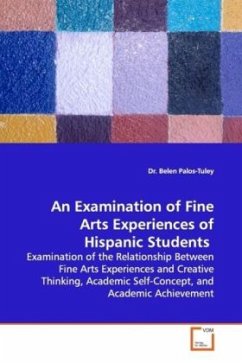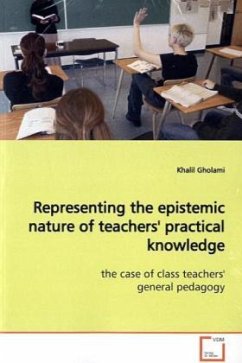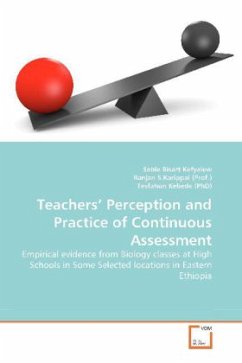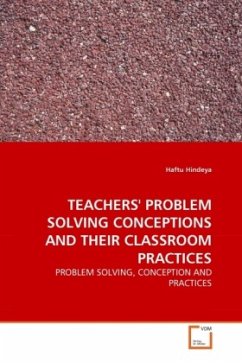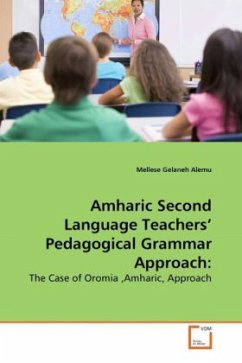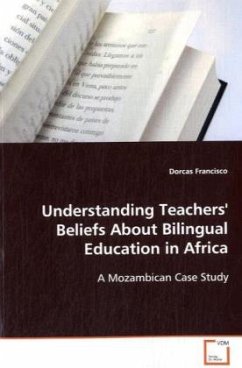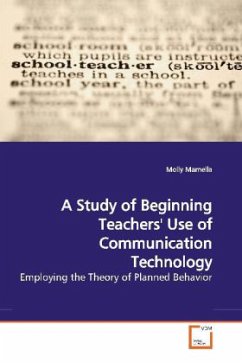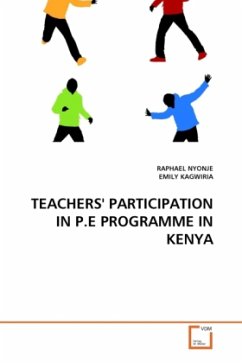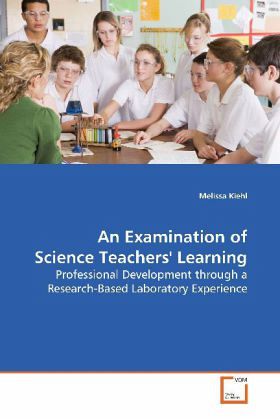
An Examination of Science Teachers' Learning
Professional Development through a Research-Based Laboratory Experience
Versandkostenfrei!
Versandfertig in 6-10 Tagen
52,99 €
inkl. MwSt.

PAYBACK Punkte
26 °P sammeln!
Professional development generally refers to thecollection of activities that systematically increaseteachers knowledge of academic subjects and advanceteachers understanding of instructional strategies.Given the complexity of the reform initiatives forscience education in the United States of America asset forth by the American Association for theAdvancement of Science (AAAS), and the NationalScience Education Standards (NRC, 1996), professionaldevelopment might provide a bridge for aligningteacher practice with national standards(Loucks-Horsley, 1995). However, the current modelof profession...
Professional development generally refers to the
collection of activities that systematically increaseteachers knowledge of academic subjects and advance
teachers understanding of instructional strategies.
Given the complexity of the reform initiatives for
science education in the United States of America as
set forth by the American Association for the
Advancement of Science (AAAS), and the National
Science Education Standards (NRC, 1996), professional
development might provide a bridge for aligning
teacher practice with national standards
(Loucks-Horsley, 1995). However, the current model
of professional growth, focused largely on expanding
a repertoire of skills, is not adequate (Little,
1993). Understanding teacher learning theory and
utilizing research on pedagogical content knowledge
(PCK) could be the differentiating factor for science
teacher professional development; if utilized in
design and evaluation, they may promote both knowing
science in context and knowing how to tailor science
learning to the needs of students (Shulman, 1987).
collection of activities that systematically increaseteachers knowledge of academic subjects and advance
teachers understanding of instructional strategies.
Given the complexity of the reform initiatives for
science education in the United States of America as
set forth by the American Association for the
Advancement of Science (AAAS), and the National
Science Education Standards (NRC, 1996), professional
development might provide a bridge for aligning
teacher practice with national standards
(Loucks-Horsley, 1995). However, the current model
of professional growth, focused largely on expanding
a repertoire of skills, is not adequate (Little,
1993). Understanding teacher learning theory and
utilizing research on pedagogical content knowledge
(PCK) could be the differentiating factor for science
teacher professional development; if utilized in
design and evaluation, they may promote both knowing
science in context and knowing how to tailor science
learning to the needs of students (Shulman, 1987).



